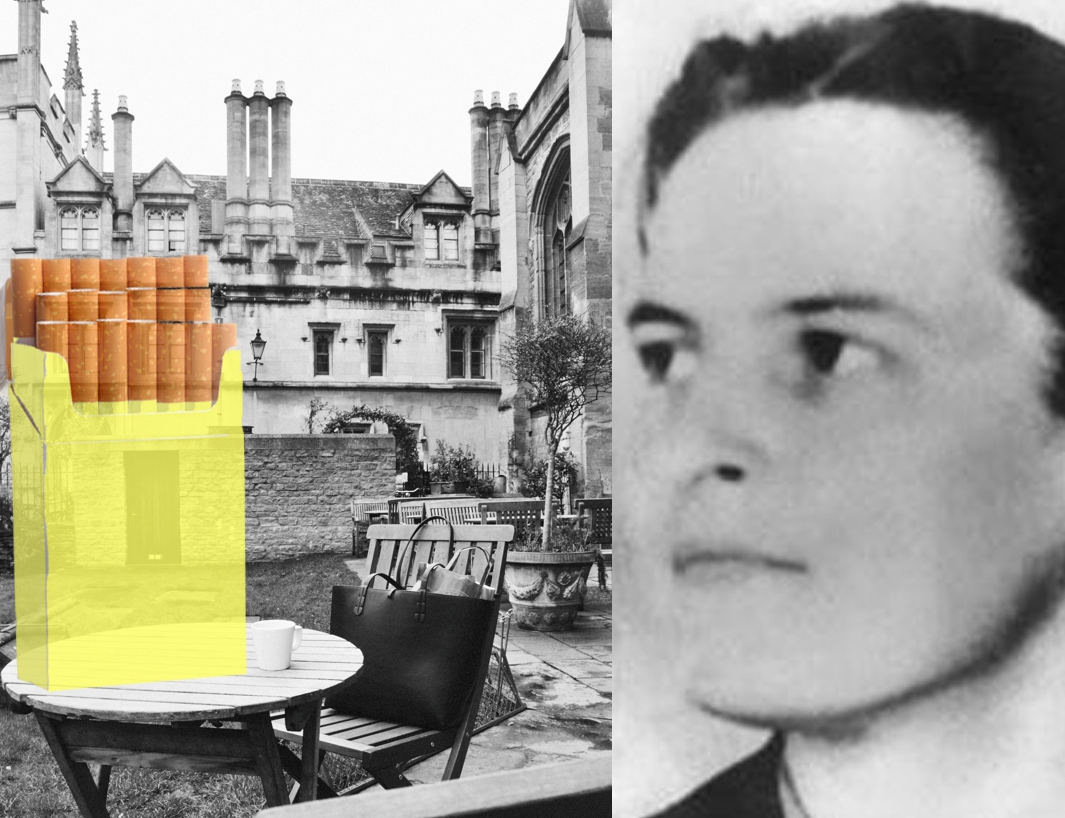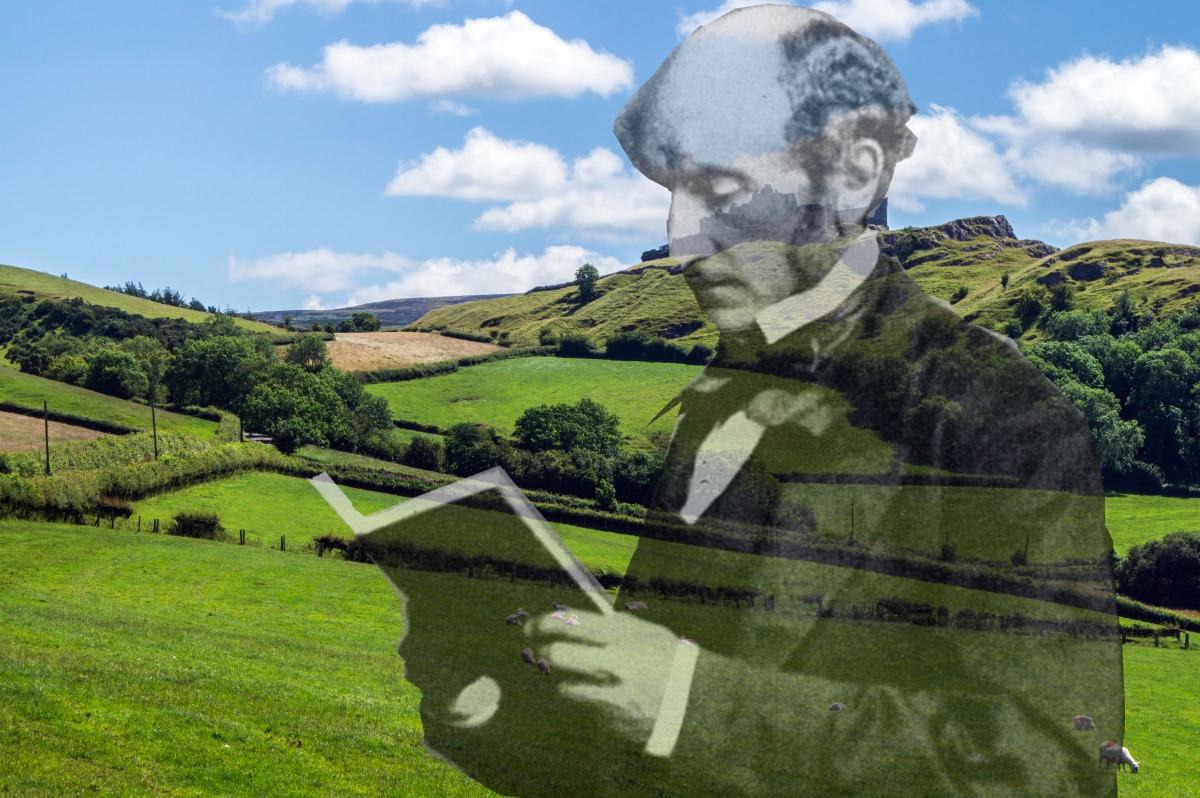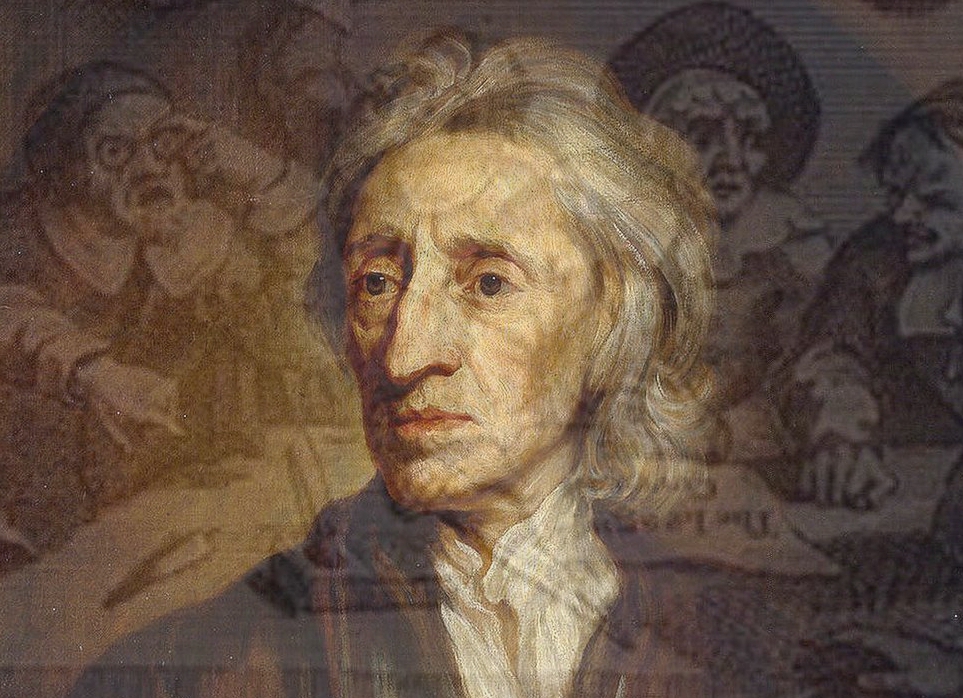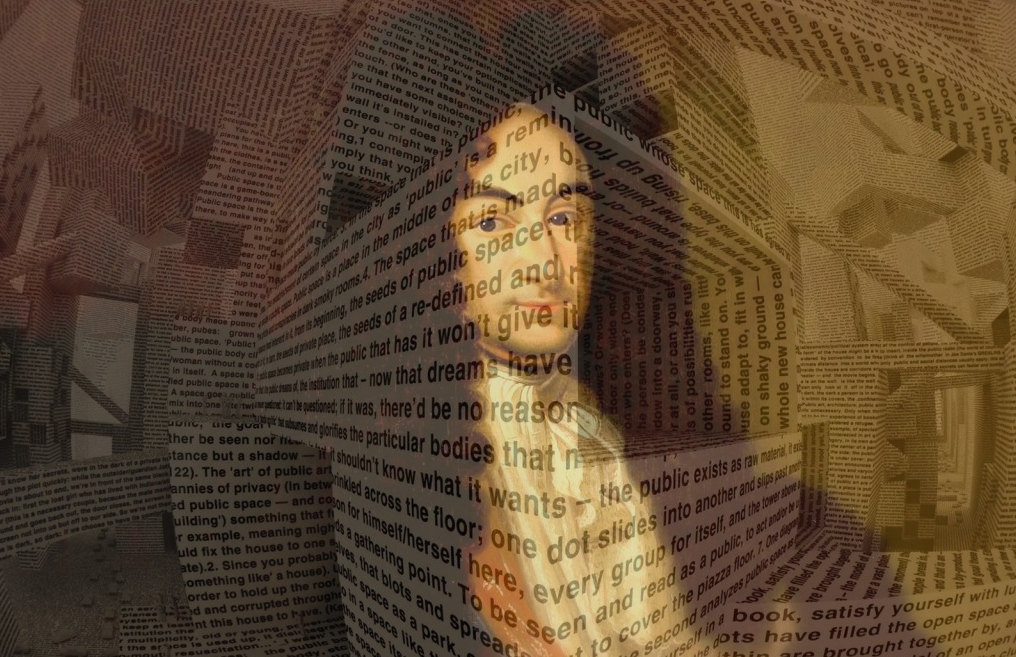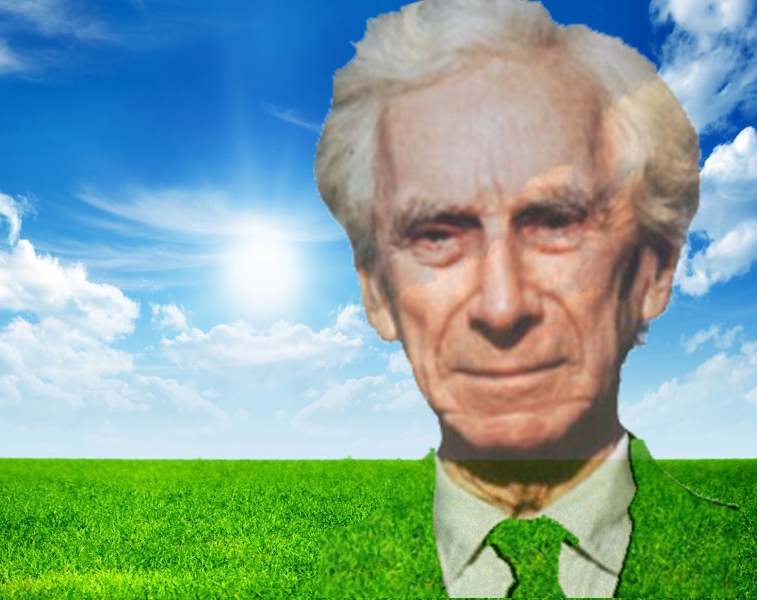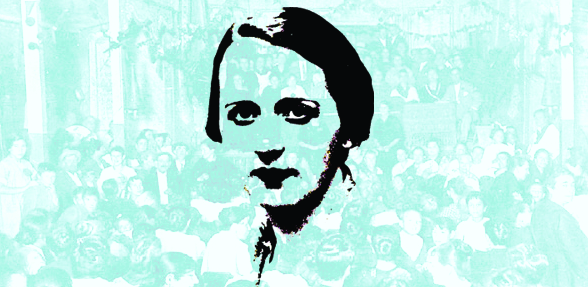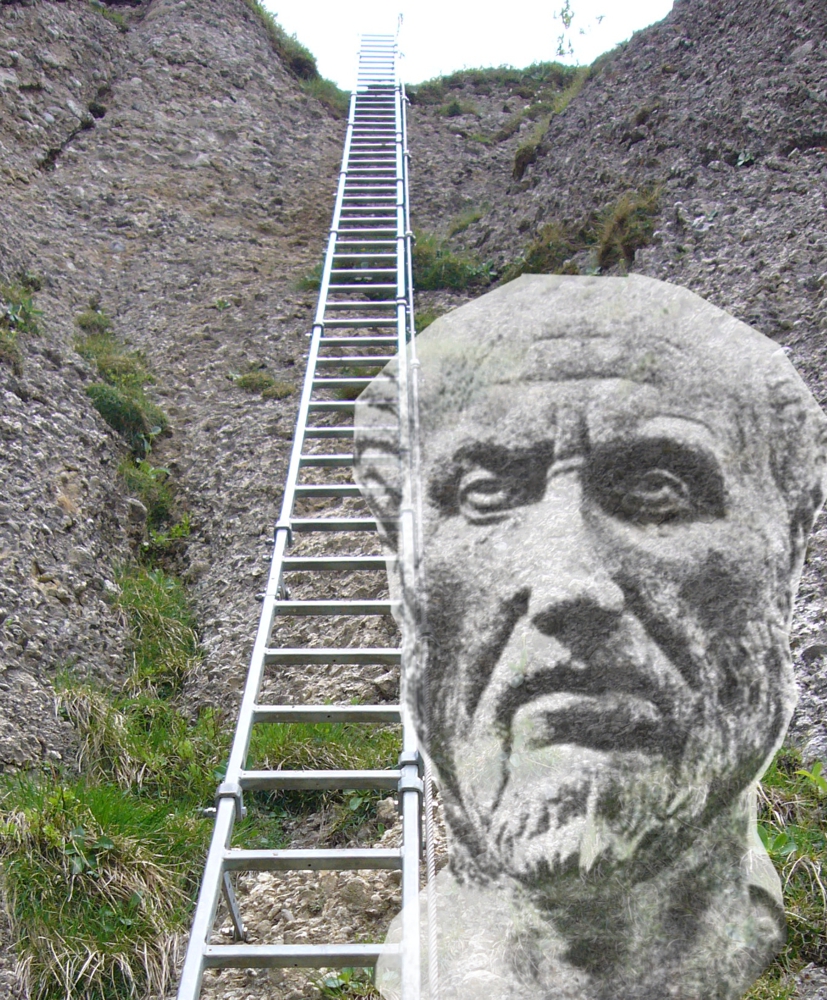|
PHILOSOPHICAL EXPERIENCES What is a philosophical experience? It is an experience that touches us with a profound philosophical insight. It is, in other words, a moment that connects between the personal and the philosophical, between my particular life-story and a fundamental issue of life. It is a conversation between me and the greater horizons of reality, between the little wave and the big ocean. |
Rousseau's "a thousand brilliant insights" (1749) |
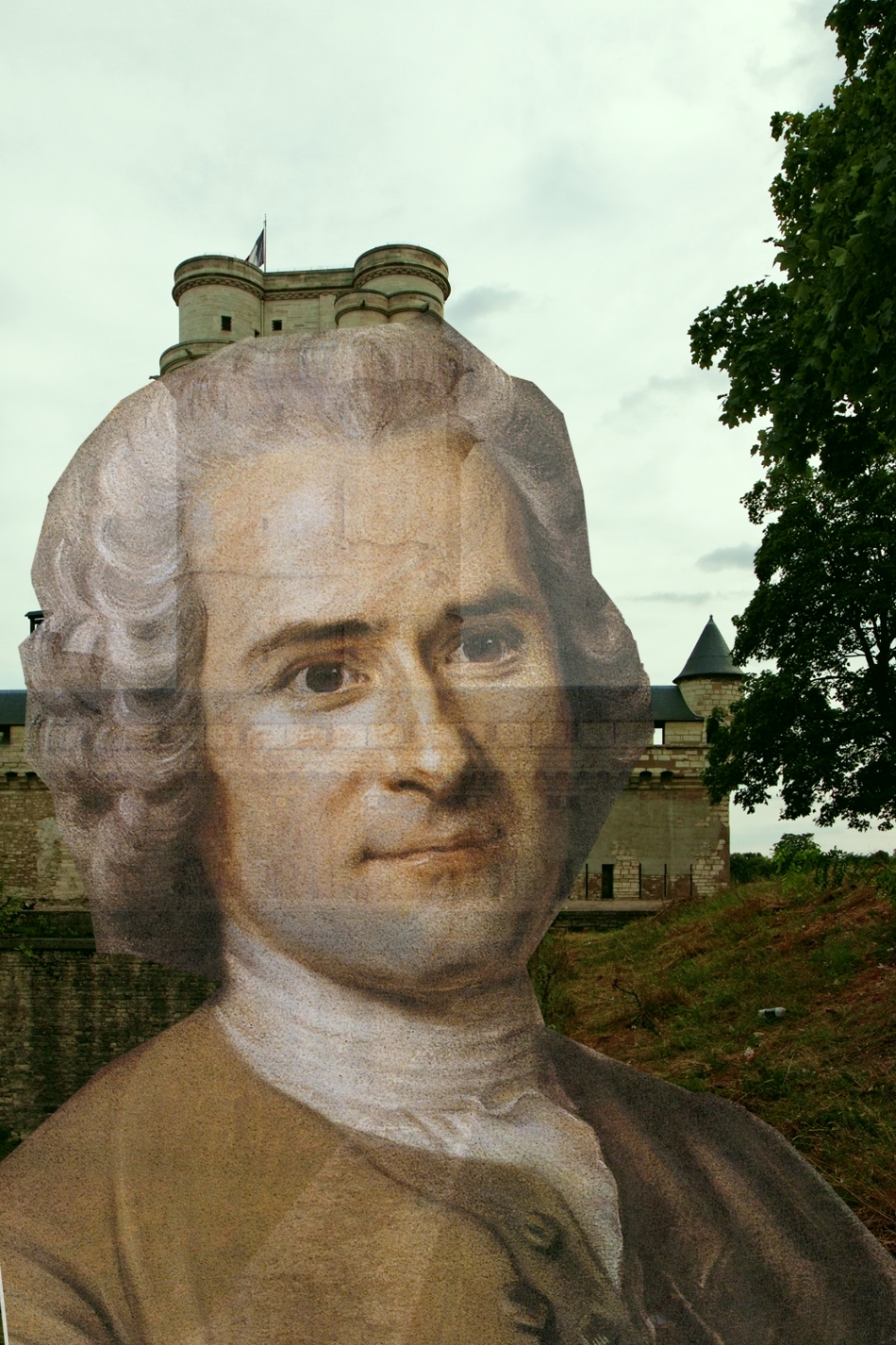
"I was on my way to see Diderot, who was then a prisoner at Vincennes. I had in my pocket a copy of the magazine “Mercure de France,” which I began to thumb through as I walked. Suddenly my eyes fell on the topic that was announced by the academy of Dijon, the topic which initiated my first written work. If anything ever resembled a flash of inspiration, it is the turmoil that took place within me upon reading that announcement. Suddenly I felt my spirit dazzled by a thousand brilliant insights. A multitude of ideas rushed into me all at once, troubling my mind with a force and confusion that are impossible to express. I felt my head spinning with dizziness like intoxication. A violent palpitation oppressed my breast and expanded it. I found it no longer possible to breathe while walking, and I let myself collapse under one of the trees along the avenue. There I spent half an hour in such a state of agitation, that when I stood up I discovered that the front of my vest was wet with tears, which I never knew I had shed.
Oh Sir, if I could write just one quarter of what I saw and felt under that tree, how clearly I would have revealed all the contradictions of the social system! How forcefully I would have exposed all the abuses of our institutions! How simply I would have demonstrated that man is naturally good, and only through these institutions he becomes evil! Everything that I could retain from the flood of great truths which enveloped me in light, during a quarter of an hour while I was laying under that tree, is scattered too thinly through my three main works: this first discourse, the discourse on inequality, and the treatise on education."
Jean-Jacques Rousseau was a Swiss-born French philosopher. His writings in social philosophy, political philosophy, and education influenced greatly the Enlightenment in France and the rest of Europe. In the following text, taken from his letter to Malesherbes, a French political figure, Rousseau describes a deep experience which he had years earlier, in 1749. The experience was triggered by an advertisement which he saw by chance in the journal “Mercure de France.” In this advertisement, the Academy of Dijon announced a prize for an essay on the issue: "Has the restoration of the sciences and arts contributed to the purification of morals?" Rousseau wrote an essay in response, saying that the development of culture (sciences and the arts) has brought much misery and slavery of the mind. The essay won the first prize, but many intellectuals were scandalized by it.
The text above is from Rousseau’s second Letter to M. de Malesherbes.
Posted in October 2017
By accepting you will be accessing a service provided by a third-party external to https://agora.practicafilosofica.de/
|
RECENTLY PUBLISHED PHILOSOPHICAL EXPERIENCES |
